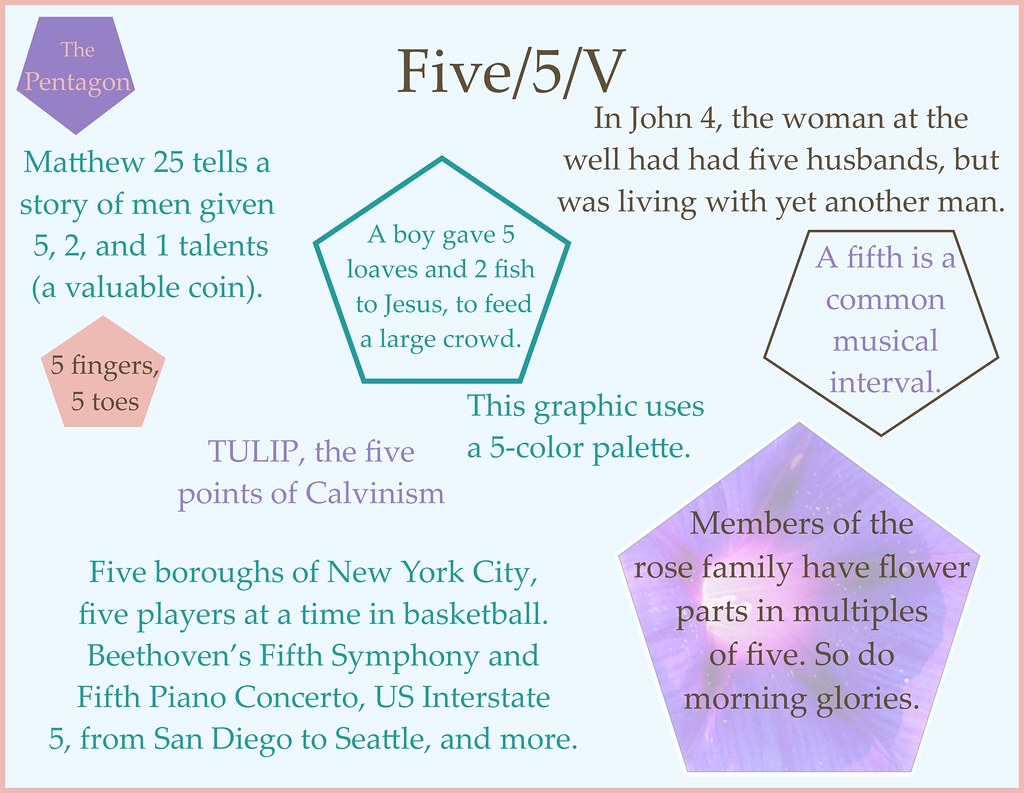A number of years ago, I was asked to prepare a devotional to go along with some music that our university's choir was going to be singing on tour. That music was the "Hallelujah Chorus," from the oratorio,
Christ on the Mount of Olives, by
Beethoven. With minor modifications, this is the result:
I am not a Beethoven scholar or music historian. I’m not sure of the purpose of Beethoven’s
Christ on the Mount of Olives oratorio, or of the source of the original text. There may be errors of fact or interpretation in this devotional. Regardless, it will remain, I hope, devotional. The words, and the music, are an exhortation to “bright angel choirs,” and to us, to “Praise the Lord in songs of joy,” and to shout “Hallelujah!” Hallelujah is from a Hebrew word meaning “praise the Lord.” It is usually an interjection, a word suddenly exclaimed when the speaker is surprised or cannot repress her emotions, as in “Wow!” or “Yesss!”
This Hallelujah Chorus is certainly a triumphant celebration of the King of Kings and Lord of Lords.
Luke 22:39-46 describes Jesus’ prayer on the Mount of Olives. Shortly thereafter, He was arrested. Why write triumphal music about such a disaster?
Consider sound. What is it? Vibrations of air, pushing on our ears, which send little electrical impulses to our brains. How marvelous that we can interpret these simple vibrations, that they can communicate the simplest and most profound thoughts, that they can express great emotion and beauty. God surely didn’t have to make the world this way. Why did He make sound and music? Because He is great, because He loves rhythm, melody and harmony. Because He loves us, because He Himself wants to communicate with us.
Consider heroes and heroines. What are they? Ordinary people, who achieve God-enabled deeds against great odds—
Rahab, deciding to follow God when no one else in her city would, David,
going up against Goliath, Elijah
taking God’s side against hundreds of prophets of Baal. These were heroes. Not perfect people, but heroes. So was Beethoven. A strange man, a difficult man, yet one who overcame all this, and wrote great music. His music doesn’t reflect his troubles, not even the
deafness that deprived him of hearing the music he wrote in the last part of his life. At the first performance of his
Ninth Symphony, he had to be turned around so that he could see the audience clapping, because he couldn’t hear them. He couldn’t pick up those vibrations in the air. Those vibrations are triumphant, testimony to the human greatness that God allows us to have, whether others recognize this greatness or not, and, often, testimony to God’s greatness. No wonder that the East and West Germans got together to perform Beethoven's
Ninth Symphony when the Berlin Wall came down. Why did God make heroes like Beethoven possible? To show that He loves us, that He loves great achievements, that He wants to communicate with us, that He wants to be our Hero.
Consider Jesus. Who is He? The Son of God. He was Himself the main creative agent in the creation of sound, and in the creation of creatures in the image of God. Without Him, there would be no possibility of music, or of heroes and heroines. The Son of God went to the Mount of Olives to pray. He probably prayed aloud, making vibrations in the air. He prayed for me and for you. He prayed for Himself. He prayed that He would be able to do the hardest thing anyone has ever done. Then He did that hard thing. He separated Himself from His Father, and joined Himself to your sin, and mine, so that He might be our sacrifice, when we couldn’t be our own. Well might the angel choirs sing “Hallelujah unto God’s Almighty Son!” Hallelujah! He loves us, He wants to communicate with us, He is our hero, and wants us to acknowledge it. Listen to vibrations in the air. Listen to music written by a hero, performed by heroes and heroines, about the greatest Hero.
Here is a performance of the work, on YouTube. I have been unable to locate the English text being sung. Thanks for reading.



